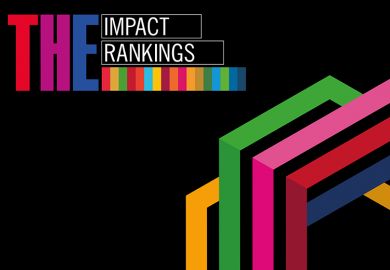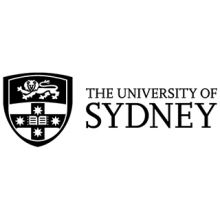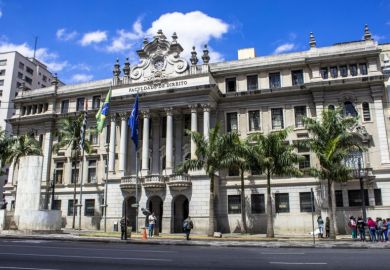Browse the full Impact Rankings 2021 results
Australasian universities have underlined their real-world influence by again dominating Times Higher Education’s Impact Rankings.
Australian and New Zealand institutions claimed five of the top 10 places in an expanded league table, which assesses institutions’ effectiveness in aligning their efforts with the United Nations’ Sustainable Development Goals (SDGs).
The University of Sydney ranked second in the world for the second year running. RMIT followed in third place, up from 10th last year and leapfrogging La Trobe University, which ranked fourth as in 2020. The University of Wollongong notched equal sixth – up from 31st in 2020 – while the University of Auckland earned a top 10 berth for the third year running, ranking joint ninth this year.
Australian and New Zealand universities largely maintained or improved their standing even though more than 1,100 institutions were ranked in the overall table this year, almost 400 more than last year.
Australian universities also topped four of the 17 tables based on individual SDGs. The University of Sydney earned a top rating against SDG 6 (clean water and sanitation) while the University of Canberra topped the charts on SDG 10 (reduced inequalities) and La Trobe on SDG 15 (life on land).
The University of Newcastle, which notched 12th place overall, claimed top billing in the catch-all SDG 17 (partnerships for the goals) with RMIT in third place. RMIT’s principal adviser for planning and research, Angel Calderon, said that SDG 17 had particular relevance to universities.
“[It] is all about cross-sector and cross-country collaboration,” Mr Calderon wrote in an article published by the Accreditation Council for Entrepreneurial and Engaged Universities. “SDG 17 contains a call-out for developed countries to play a transformative role in supporting capacity building in developing countries, improving access to science, technology and innovation on mutually agreed terms.”
He said that the 2016 adoption of the SDGs had posed a “significant challenge” for the world’s higher education institutions, forcing them to “engage with these goals and how they address societal challenges head on”.
Sydney deputy vice-chancellor Duncan Ivison said that humanities research played a “vital” role in boosting understanding of the SDGs and how to achieve them. “Outstanding research – whether basic or applied – leads to highly impactful research and we are committed to harnessing our research strengths to address some of the biggest challenges of our time,” Professor Ivison said.
Indonesia built on its impressive performance in the 2020 rankings, with institutions in Java and Sulawesi claiming four top 100 berths in the overall table: Surabaya’s Institut Teknologi Sepuluh Nopember (equal 64th), Makassar’s Hasanuddin University (equal 79th), Yogyakarta’s Gadjah Mada University (equal 83rd) and the University of Indonesia just outside Jakarta (equal 85th).
Penang’s Universiti Sains Malaysia was rated the country’s most impactful university, ranking equal 39th globally.
Register to continue
Why register?
- Registration is free and only takes a moment
- Once registered, you can read 3 articles a month
- Sign up for our newsletter
Subscribe
Or subscribe for unlimited access to:
- Unlimited access to news, views, insights & reviews
- Digital editions
- Digital access to THE’s university and college rankings analysis
Already registered or a current subscriber?












